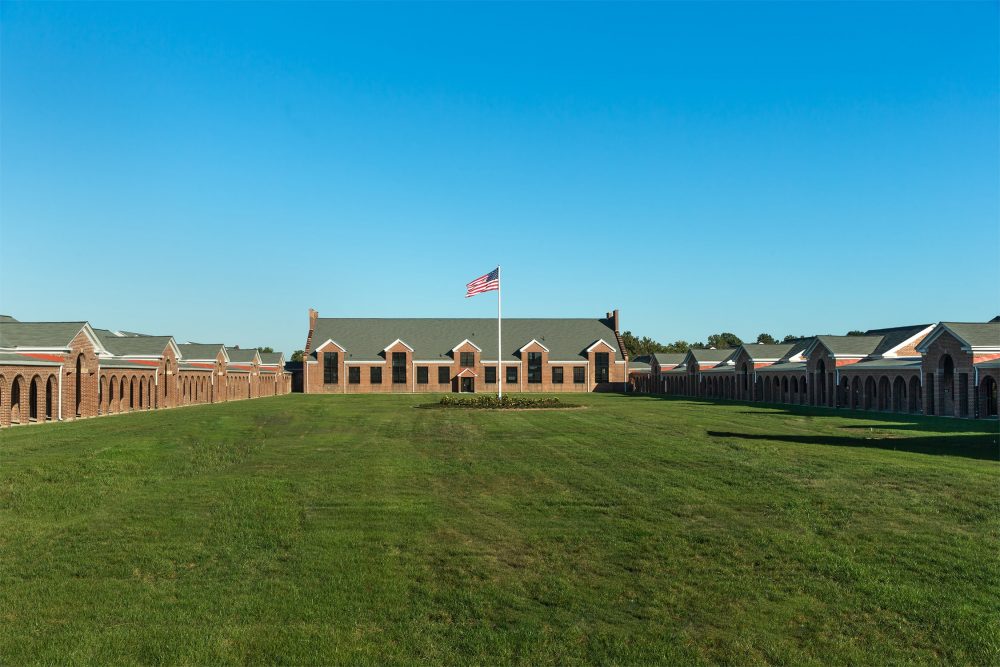Madison developer The Alexander Co. is scheduled to break ground next week on a $150 million redevelopment of a former prison complex in Virginia, five-and-a-half years after receiving preliminary approval for the project.
Alexander Co. intends to start work Dec. 7 on the first of two phases of the project it dubs Liberty Crest at Laurel Hill. The overall project, a partnership with Fairfax County, Va., will retain and reuse all but six of the 55 historic structures on the site.
“As a part of our history and culture, places like Lorton Prison must be restored and preserved for future generations,” Joe Alexander, president of The Alexander Co., said in a statement. “Through the joint efforts of private developers and the public sector, we can save more of these landmarks.”
Phase 1, scheduled for delivery by spring of 2017, involves the conversion of the prison reformatory into 165 rental apartments (45 affordable), the construction of 83 townhomes and 24 single-family detached homes, and the conversion of the chapel and power center into retail and commercial space.
Phase 2 will include 74 new townhomes, six condos carved out of a guardhouse, and 110,000 square feet of commercial and retail space in a mix of new development and adaptive reuse.
The Alexander Co., a specialist in historic preservation and infill projects, is leading the way as master developer along with several development partners. The 2,323-acre Lorton Prison campus opened in 1916 for District of Columbia inmates, who were tasked with constructing the buildings themselves from bricks manufactured on-site and lumber cut from Lorton trees — an effort to reform and apply new trade skills. The prison closed in 2001.
Fairfax County paid the General Services Administration $4.2 million to acquire the title in 2002. The land (once home to a U.S. air defense missile installation) was then subdivided for various uses — becoming the Laurel Hill subdivision and the Spring Hill Senior Campus, the Workhouse Arts Center, a golf course and the site of a future county government facility.
Fairfax County retained the 80-acre core prison — including the cell blocks, guard towers, reformatory, gymnasium, dining hall and chapel. The county’s Board of Supervisors adopted the master plan concept for that site, developed by Alexander Co., in May 2010.

